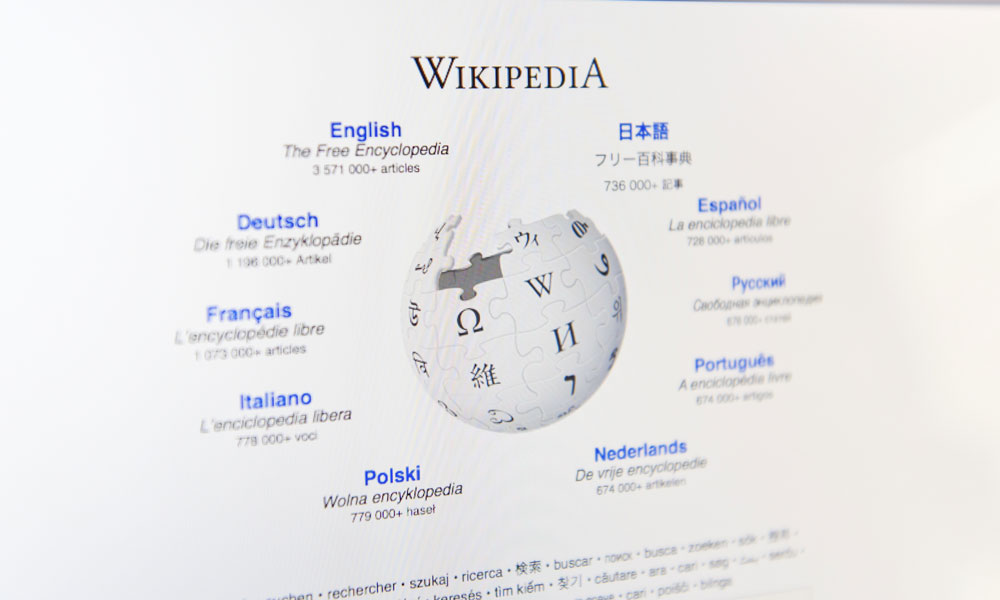
Friday Buzz: Happy Birthday, Wikipedia
The massive user-edited encyclopedia celebrates its 15th birthday in style. Also: A reminder that trade publications are on firmer ground than their general-interest siblings.
It’s hard to create a site that’s massively popular for more than a decade, but the Wikimedia Foundation has done just that.
Since its 2001 launch, Wikipedia has become a key source for online information and a key signifier of the open-source ethos that has allowed the internet to thrive. To be sure, problems have arisen with that ethos—a lack of diversity among the platform’s editors, tons of vandalism, Stephen Colbert’s well-noticed report on the rise of “Wikiality”—but for the most part the platform has served the internet well.
The challenge, of course, is keeping it going. A recent Wired article discusses how the foundation is working to improve things—specifically, stopping a steady decline in the number of contributors to the platform over the past five years.
“We have to have better technologies that people can use more easily. We need to figure out better ways of making people literate in the Wikipedia way of doing things. We need to help find others on the site who will appreciate their work and help them learn the ropes,” Aaron Halfaker, a researcher at the Wikimedia Foundation, told the magazine.
If you’re in the mood to celebrate this big birthday, be sure to check out the foundation’s microsite honoring the occasion, which—of course—is open to user feedback.
(By the way, in case you were wondering, the most-edited Wikipedia article of all time is the one about George W. Bush, according to an analysis by Digg.)
Quote of the Day
I don't endorse this entirely, but everyone should read it https://t.co/2LKG6MV8I5
— Chris Hayes (@chrislhayes) January 14, 2016
In a rant about the lack of sustainability that is causing problems for media outlets such as Al Jazeera America and The New Republic, Gawker‘s Hamilton Nolan hit on a good defense of the trade publication. Here’s the key part for your reading needs:
“What sorts of publications and media outlets are viable businesses? Mass media outlets that have huge scale and publish everything for everyone (TV news networks, major national newspapers, BuzzFeed) or very niche publications that focus solely on a very specific field and own it definitively (trade magazines).”
There’s a good chance you’re running a niche publication. The goal (and great challenge) is to ensure that you’re continuing to give value to that audience, of course.
Other Links of Note
Don’t blame the internet. The biggest time waster at the office isn’t that, according to Fast Company.
What will associations of the future look like? Here’s one take on the matter, from Portage Group Senior Consultant Carol-Anne Moutinho.
Speaking of future predictions, the IT consulting firm Delcor has some of its own, specifically regarding the world of association technology.
(iStock Editorial/Thinkstock)






Comments